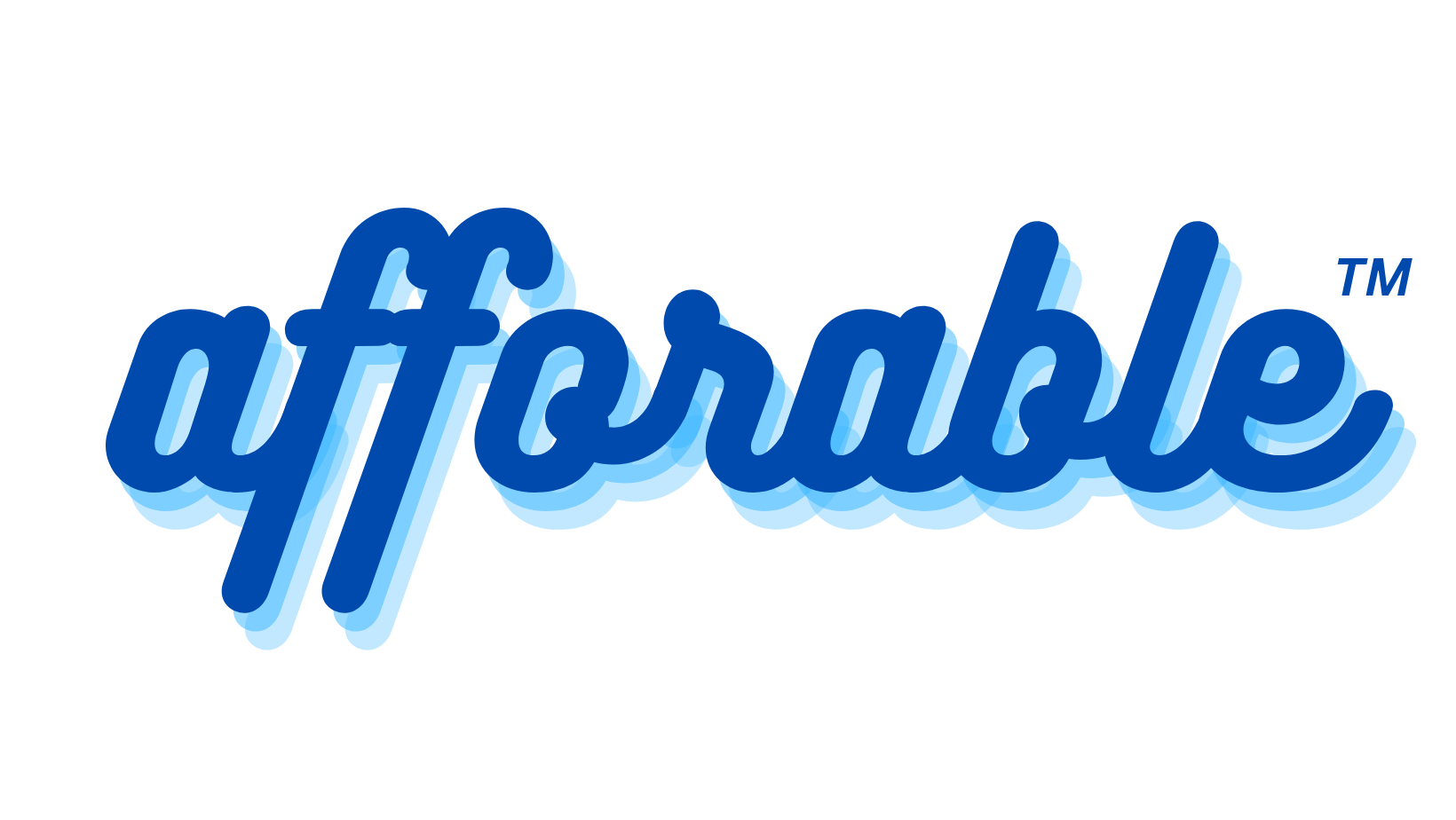Navigating the U.S. healthcare system can be a complex journey, and obtaining health insurance is a crucial step in securing access to medical care. In this article, we will explore various avenues for obtaining health insurance in the United States, offering guidance on making an informed choice for your healthcare coverage.
- Employer-Sponsored Health Insurance
Many Americans obtain health insurance through their employers. If you are employed, check with your HR department to see if your company offers health insurance benefits. Employers often subsidize a significant portion of the premium, making it an affordable option for many.
- Health Insurance Marketplace
The Health Insurance Marketplace, established under the Affordable Care Act (ACA), provides a platform for individuals and families to compare and purchase health insurance plans. Open enrollment periods typically occur annually, but specific life events, such as job loss or changes in family status, may qualify you for special enrollment periods.
- Medicaid
Medicaid is a government-funded program that provides health coverage to low-income individuals and families. Eligibility criteria vary by state, but expansion of Medicaid under the ACA has extended coverage to more people. To determine your eligibility and apply, visit your state’s Medicaid website or use the Federal Marketplace.
- Medicare
Medicare is a federal health insurance program primarily for individuals aged 65 and older, but it also covers certain younger people with disabilities. If you qualify, you can enroll through the Social Security Administration.
- COBRA Coverage
If you lose your job, you may be eligible for COBRA (Consolidated Omnibus Budget Reconciliation Act) coverage. It allows you to continue your employer-provided insurance for a limited time, usually at full cost. While this option may be more expensive, it provides temporary coverage during transitions.
- Short-Term Health Plans
Short-term health insurance plans are designed for temporary coverage. They are less expensive than comprehensive plans but often provide limited benefits. They are a viable option if you have a gap in coverage or need temporary insurance.
- Health Sharing Plans
Health sharing plans are offered by organizations or religious groups and involve members sharing healthcare costs. These plans may have certain limitations and are not insurance in the traditional sense, but they can be an option for some individuals.
- Public Programs
Some states offer state-specific public health insurance programs to cover residents who do not qualify for Medicaid but still need assistance. Explore your state’s resources to find out if you are eligible for such programs.
- Insurance Brokers and Agents
Insurance brokers and agents can help you navigate the complex landscape of health insurance. They can provide guidance, answer your questions, and help you find a plan that suits your needs and budget. You can find local agents or use online services to connect with brokers.
- Veteran Health Care
If you are a military veteran, you may be eligible for healthcare through the Department of Veterans Affairs (VA). The VA provides a range of services, including medical coverage, to eligible veterans.
Conclusion
Obtaining health insurance in the United States involves considering various options and understanding the choices available to you. Whether through your employer, the Health Insurance Marketplace, government programs like Medicaid or Medicare, or other avenues, it’s important to assess your needs, budget, and eligibility when selecting the right health insurance plan for you and your family. Being well-informed and exploring your options will ensure that you have the healthcare coverage you need to protect your well-being.

